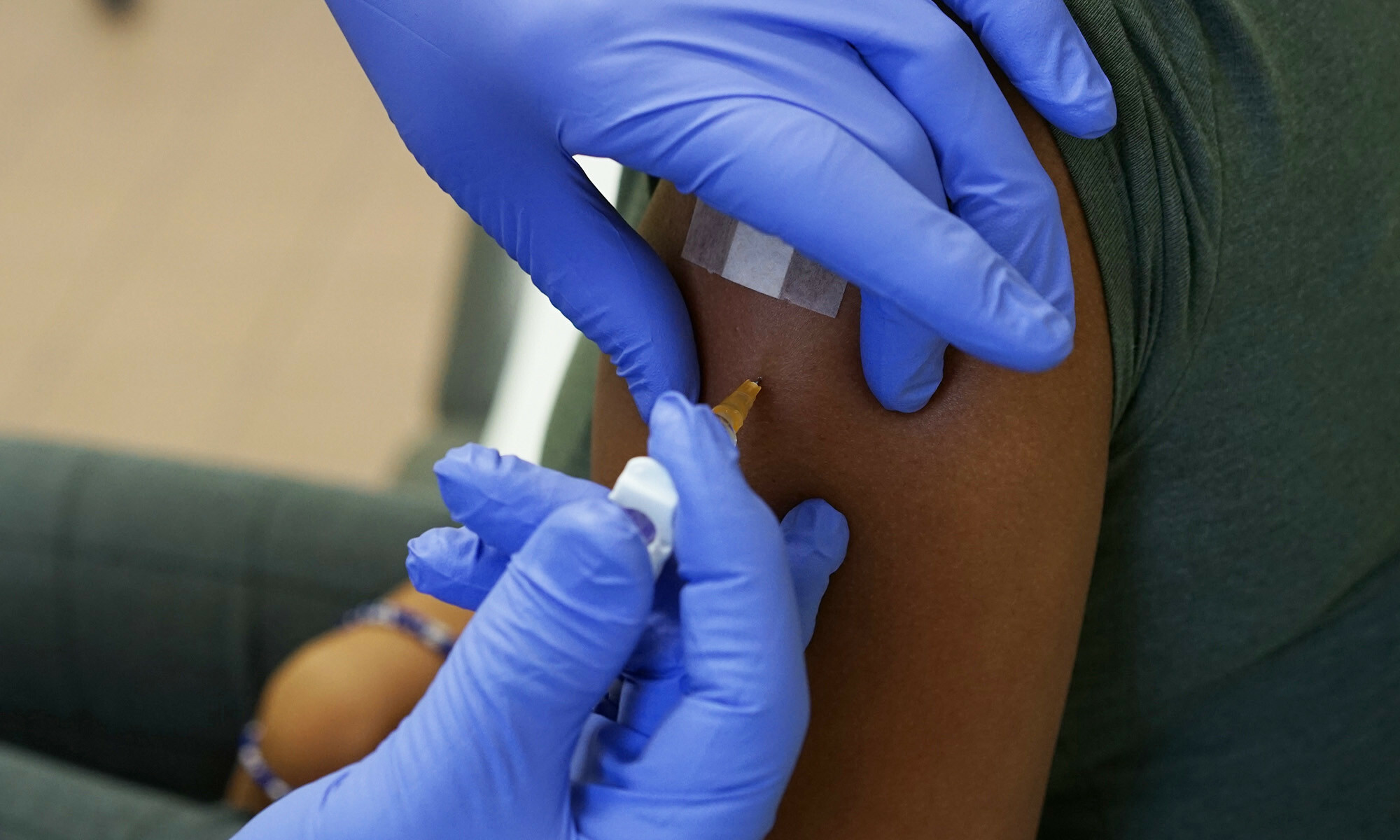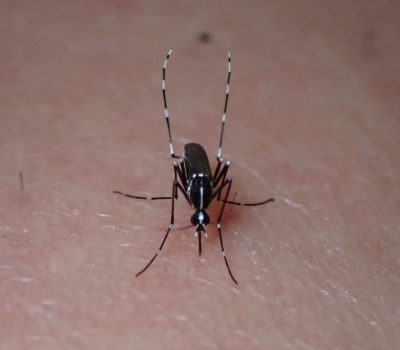People who experienced mpox suspected to have long-term protection against reinfection

Three years after the 2022 mpox outbreak, researchers from the Institute of Tropical Medicine (ITM) in Antwerp show that people who contracted mpox are believed to have long-term protection against reinfection. The study appeared in The Lancet Infectious Diseases. Those who were only vaccinated may not retain protection for as long. Therefore, an international follow-up study on booster vaccination is now beginning.
"We see that people who had mpox produce antibodies for a long period," says Dr Christophe Van Dijck, researcher at ITM's Clinical Emerging Infectious Diseases Unit. "Their defences remain active for at least two years. That means reinfections remain exceptional for the time being."
Protection after vaccination less clear
The study compared blood samples from people who became infected with mpox in 2022 with samples from people who were only vaccinated at the time. In those vaccinated, the immune response was weaker and of shorter duration.
"Whether this means they are more quickly susceptible to the disease again, and whether revaccination is necessary, we do not yet know for certain," Van Dijck said. "That is why we are now starting a follow-up study."
International booster study
ITM is collaborating with partners in Sweden, France and Ireland on a new study, led by the Public Health Agency of Sweden. The study will investigate whether an additional booster vaccination is needed to strengthen and prolong protection in previously vaccinated individuals.
The study will begin in early 2026 and will involve participants who received the mpox vaccine in 2022 but did not contract the disease.
Application in the Democratic Republic of Congo (DRC)
The knowledge gained will also be applied in the DRC, where many people are still affected by mpox every day. The MBOTE project is evaluating the vaccine in high-risk groups, such as sex workers and people living with HIV, a group whose lower immunity makes them particulary vulnerable.
"We want to avoid the re-emergence of mpox in people with weaker resistance," says Prof Emerging Infectious Diseases Laurens Liesenborghs at ITM "The lessons from Belgium will help us to better contain the disease in regions where it remains a significant risk."
The study on the long-term consequences of mpox was made possible with the support of the Research Foundation–Flanders (FWO), the Department of Economy, Science, and Innovation of the Flemish government, and the Dutch Organisation for Health Research and Development (ZonMw).
Full article
The study was published in The Lancet Infectious Diseases.
Spread the word! Share this story on









